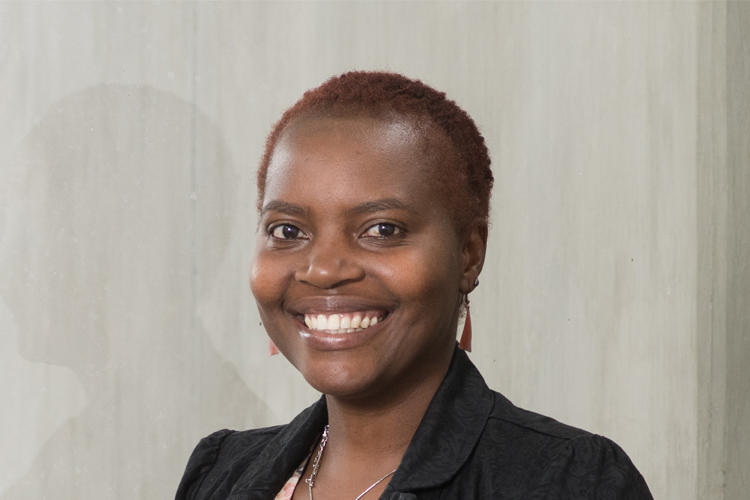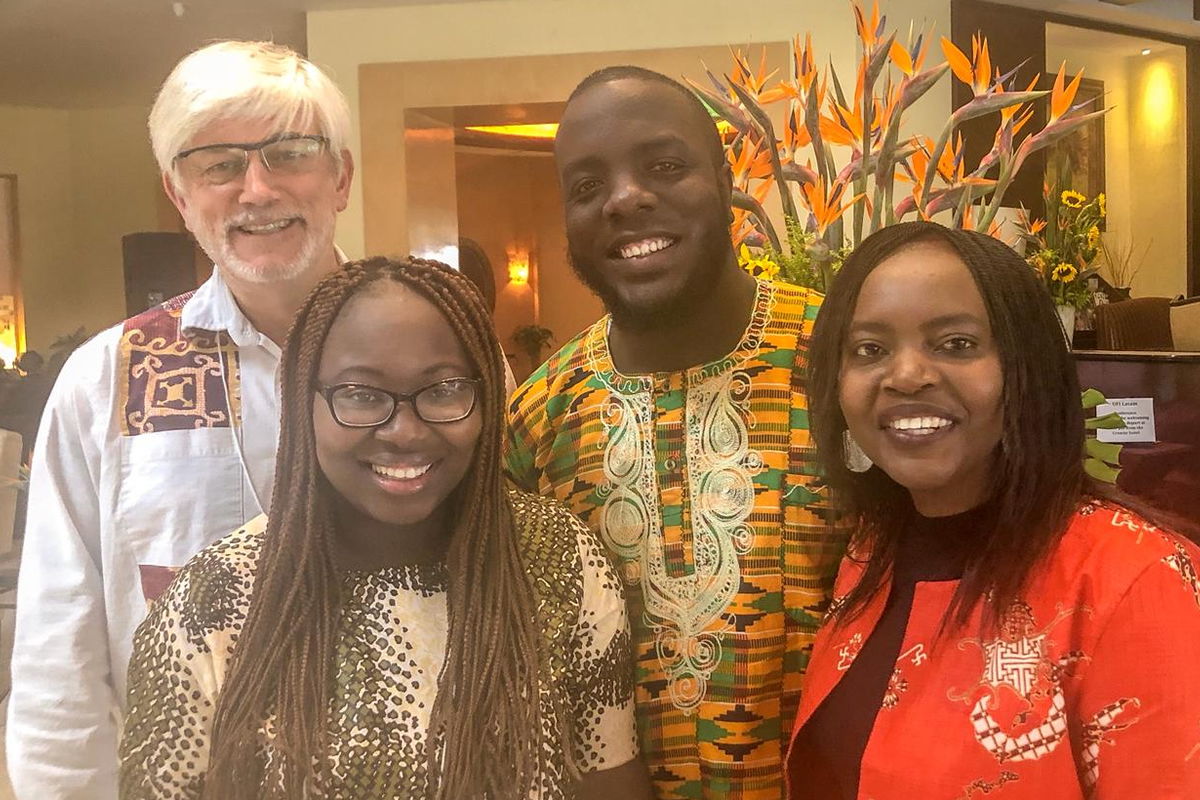The Centre for Human Rights, University of Pretoria partnered with the Network of Scholars on Gender, Sexuality and the Law (ALAS), the Raoul Wallenberg Institute for Human Rights and Humanitarian Law, the Center for Human Rights & Humanitarian Law at American University Washington College of Law in hosting a conference on Global Transformation towards Gender Equality and Agenda 2030: A conversation about innovative approaches to break the cycle of violence against women, which was held in México City, México from 17-18, September 2018. The Conference brought together researchers, academics and civil society from the world over.
Presentations from the Centre for Human Rights, University of Pretoria were from Patience Mungwari Mpani, who discussed the Experiences of women survivors of rape in South Africa when they seeking justice. Rape is a particularly prevalent form of violence against women in the country, however, despite a progressive legal framework to deter sexual violence and punish offenders, justice outcomes are poor. It is estimated that only a small minority of rape is ever reported to South African Police Services and studies reveal that only a small percentage of these reported cases go on trial suggesting that rape prosecution is a complex, multistage process and of these the minority are successfully prosecuted. She argued that the experiences of women who attempt to seek justice after a rape suggest that survivors continue to face a justice system that is unfriendly, inaccessible, and ineffective and this contributes to their dissatisfaction with the process and poor justice outcomes.
William Aseka spoke on Women with disabilities and the use of domestic violence courts in Kenya. The presentation highlighted that, the right to be free from violence is a fundamental human right. Yet for many women with disabilities, this remains a difficult goal to achieve. Indeed, research indicates that violence against women with disabilities is not only more frequent but also complex and diverse in nature compared to their non-disabled counterparts. The recent adoption of Convention on the Rights of Persons with Disabilities (CRPD), which Kenya is a signatory, recognizes that women with disabilities face multiple discrimination. The CRPD further reaffirms the obligation of state parties like Kenya to protect them [women with disabilities] from all forms of abuse and violence. His presentation centered on how women with disabilities can be protected by the introduction of specialized domestic violence court that focus on women with disabilities in Kenya.
Satang Nabaneh’s presentation was on Ending Female Genital Mutilation (FGM) by 2030: Using law at the national and regional levels to protect women and girls. In light of the increasing attention on the issue of Female Genital Mutilation (FGM) as a human rights concern in Africa, the Maputo Protocol is the only human rights instrument that explicitly prohibits FGM. In many African countries, the use of sanction to address FGM is by far the commonest response adopted by African governments. In view of these developments, the presentation focused on whether legal and policy interventions have made a difference in Africa? In light of the continued practice of FGM, the presenter noted that legal reform should be complemented by multiple prevention strategies, for example mobilizing communities, and influencing social norm change, and engaging those who can bring about those changes, such as men and boys, civil society and faith-based leaders.
Frans Viljoen closed the Conference by acknowledging the wealth of information shared over the two-day period, including information about advances in laws and treaties, their limitations and strengths, the role of institutions such as the police services, prosecuting authorities, the judiciary and issues of accountability and institutional safeguards. Discussions also touched on addressing the root causes of gender based violence such as culture and changing the way individuals think, moving the conversation from reactions and responses to gender based violence to prevention efforts. The conference ended with recommendations that the presentations be collated into a publication and continuing the conversation through webinars and other ways of sustaining the networks formed as we plan for the next conference.
![]()
For more details please contact:






